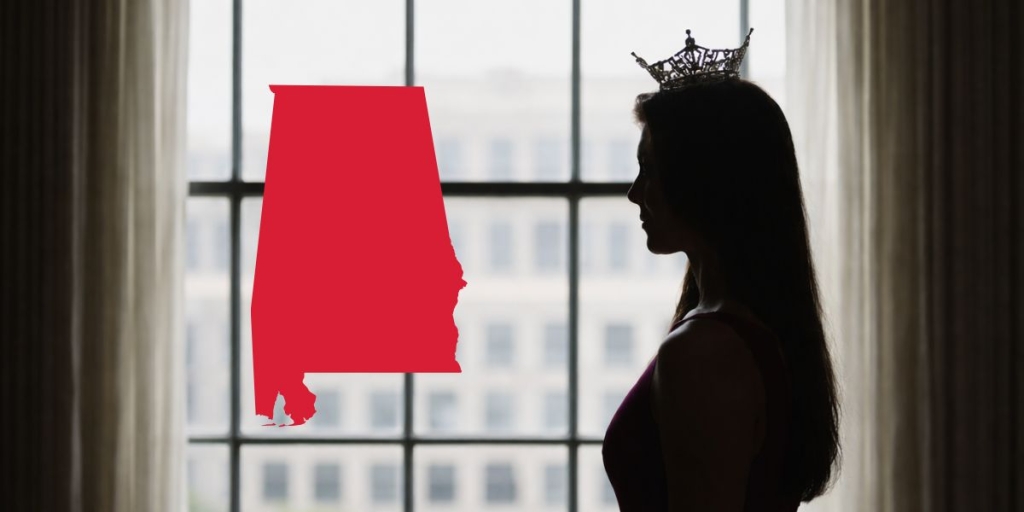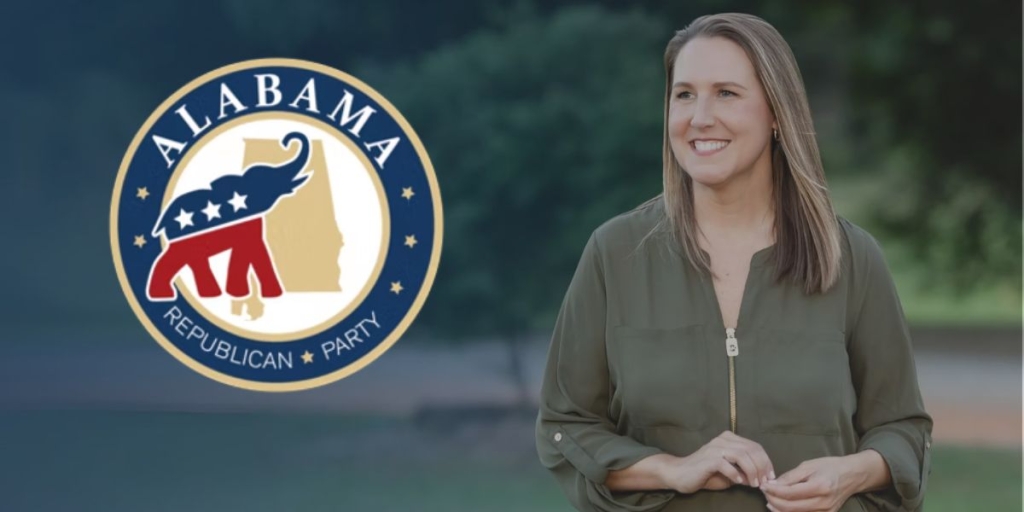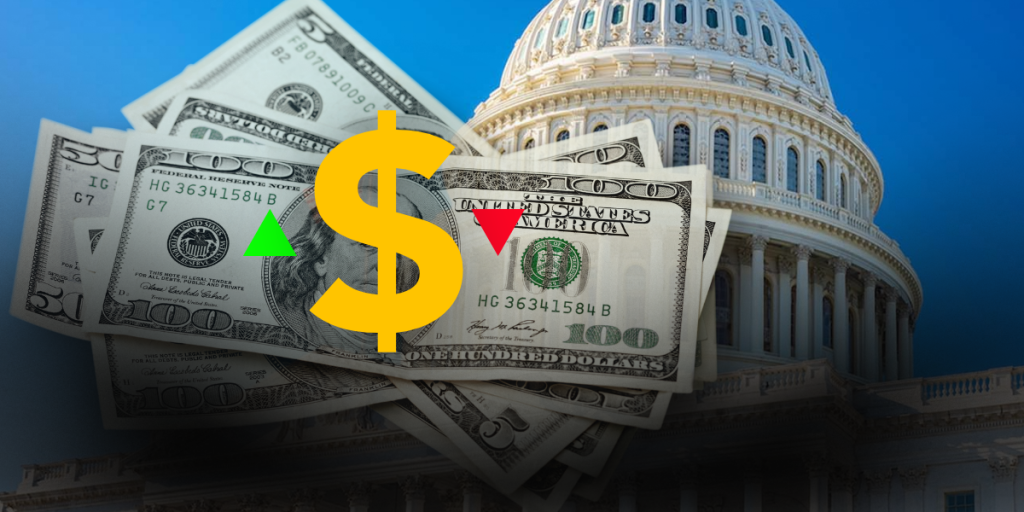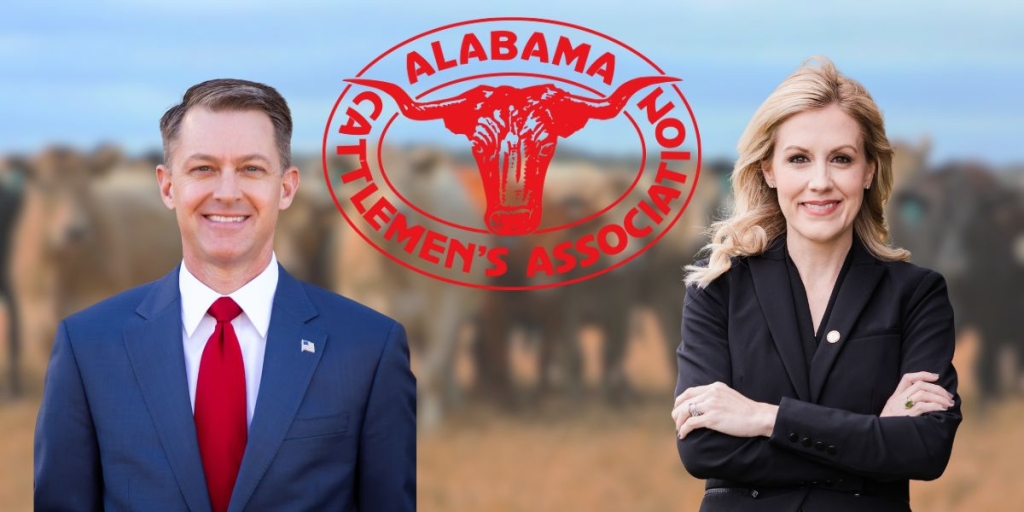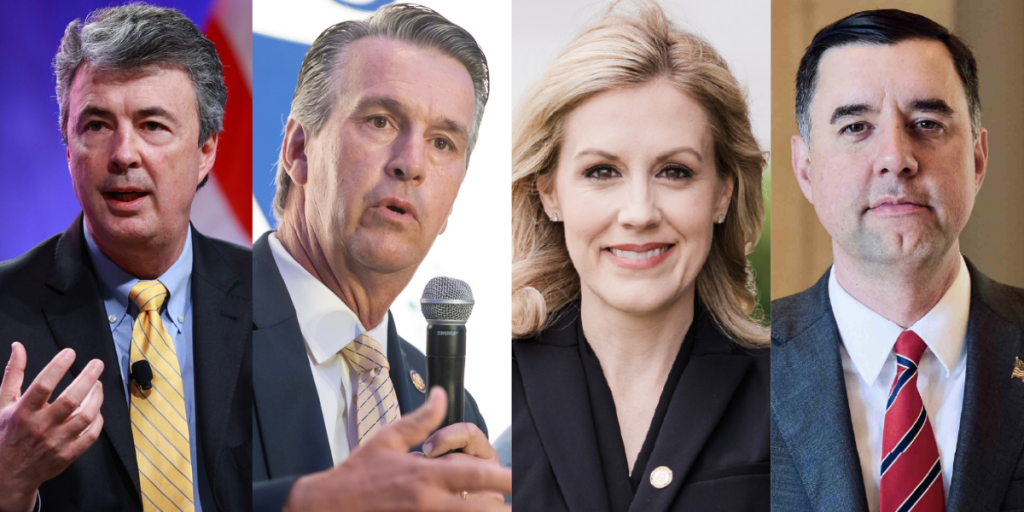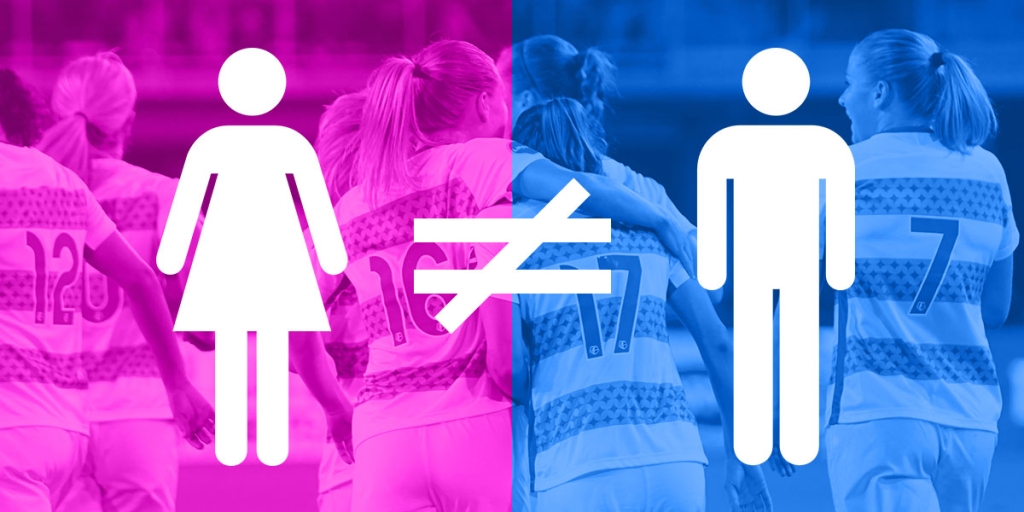
There is no shortage of ideological differences between conservatives and liberals or Republicans and Democrats, but perhaps the most divisive issue on the political spectrum is how to care for the poor. Admittedly, conservatives have done a fairly subpar job of connecting the dots between our principles and combatting poverty. While it is true that government’s bloated anti-poverty programs have not achieved the desired ends and levy a heavy cost on current and future taxpayers, the conversation should not end there.
This week, the Alabama Policy Institute is drawing awareness to conservative solutions to poverty in hopes of better communicating our perspectives and initiating more conversations around the dinner table on how we, as a state, should respond to poverty. As Alabama’s population is one of the ten poorest in the nation, poverty is an issue that–directly or indirectly–comes into play during every election, every budget hearing, and the meetings of every study committee or task force. Still, more of what goes on in Montgomery should be responsive to the drivers of poverty and proven solutions to it.
Since API’s founding in 1989, the organization has been dedicated to promoting the principles of free markets, limited government, and strong families. When we offer this tagline, we often fail to explain the “why”: that the cumulative effect of putting these principles into practice will yield the best results for our state and nation, including those living in poverty.
A free market economy allows for businesses to profit and hire, creating opportunities for individuals. A less invasive, limited government gets out of the way of growth and job creation by rolling back regulations and limits on competition and by reducing the tax burdens of individuals and businesses. And a strong family provides children with the best chance of receiving a good education, staying out of prison, and finding employment.
API’s prioritization of educational choice is driven by our desire to see Alabama’s most vulnerable school children escape the poverty trap. Studies from liberal and conservative academics across the country conclude that poverty hinders a child’s development and educational outcomes. For two and a half decades, API has pushed for expanded school choice in the state because of the inherent disparities that come when families cannot afford to choose a school that best fits their child’s needs.
We have also worked alongside state leaders to better understand and address the challenges in Alabama’s prison system. While in prison, an offender’s spouses and children suffer and are often left with even fewer resources and less stability in the home. When prisoners are released, they frequently lack employable skills and may be deemed ineligible for many jobs because of their criminal records. This is not meant to imply that individuals should be spared punishment for crimes to avoid such consequences, but the trends in these outcomes should be a consideration as we examine the cost-effectiveness of our system.
Our elected officials frequently tout the merits of expanding government entitlement programs-both in duration and eligibility. API opposes this when it is clear, as in most cases, that politicians and bureaucrats are ignoring the abysmal results of the programs, opting instead for feel-good talking points. Further, at times, addressing poverty is not even the sincere aim of maintaining or expanding these programs. Special interests and industries have become dependent upon money flowing through government grants and programs, and exert significant political influence to ensure that this continues.
We hope that the information generated this week will cause you to think more about how Alabama can use proven conservative policies to combat poverty; but, we also want to challenge you to participate directly in serving Alabama’s poor and vulnerable. We have provided links to model organizations on our website to give you some ideas for getting involved. If we agree that government is not the answer to poverty, we cannot then sit back and let the government serve the poor on our behalf.
Katherine Green Robertson is vice president for the Alabama Policy Institute. API is an independent non-partisan, non-profit research and education organization dedicated to the preservation of free markets, limited government and strong families. If you would like to speak with the author, please email [email protected] or call (205) 870-9900.




